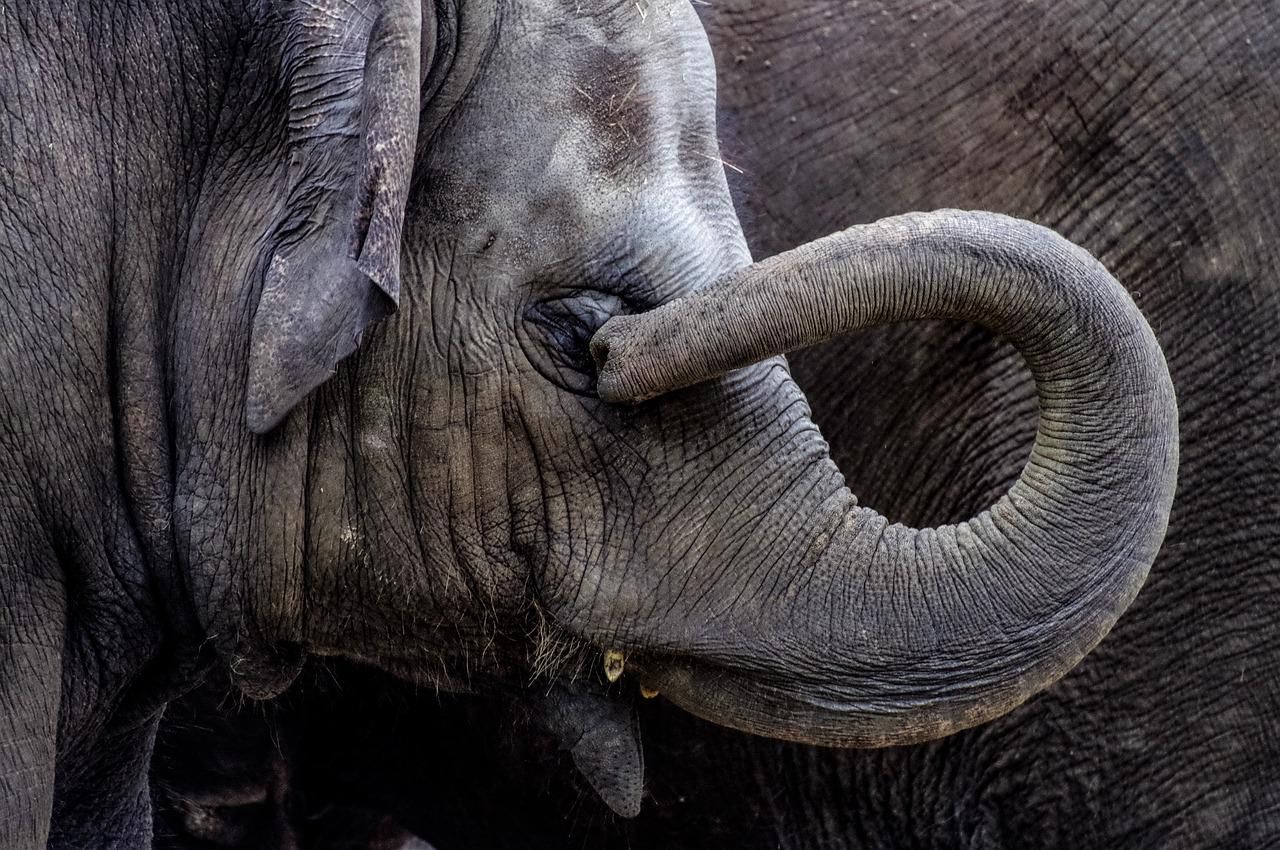A temple in India has made headlines for its use of a robotic elephant in temple rituals, as calls to protect live elephants used in festivals continue to rise. The Irinjadappilly Sree Krishna Temple in Kerala recently unveiled the life-like mechanical elephant named Irinjadappilly Raman in a ceremony. The elephant robot can move its mouth, tail, trunk, and ears, and was donated by PETA-India as part of the temple’s pledge to no longer use live animals for rituals. The move has garnered widespread support from activists and celebrities, who lauded the efforts to move to a cruelty-free means of conducting ceremonies.
Elephants have been a key part of the culture in the state of Kerala, which is reportedly the home of a fifth of India’s captive elephants. However, the keeping of captive elephants and their use in festivals have been rather controversial, with many elephants being maltreated and abused. According to PETA-India, captive elephants would have to be separated from their families and habitats, and end up living their lives in chains. The creatures tend to be subjected to “severe punishments” to train them to be used for ceremonies and tricks, among others. The use of the animatronic elephant is a symbolic move that shifts toward a direction that may ultimately prove beneficial for the welfare of the multitudes of elephants in Kerala.
Whether other temples in Kerala would follow suit in opting for mechanical elephants in lieu of the real creatures remains to be seen, as the majestic creatures have been rather intertwined with the temple culture in the state. For now, there is a movement for the sake of the elephants’ welfare. Slow and uncertain as it may be, the arrival of Irinjadappilly Raman may just be the beginning of a new day for the elephants of Kerala.




















